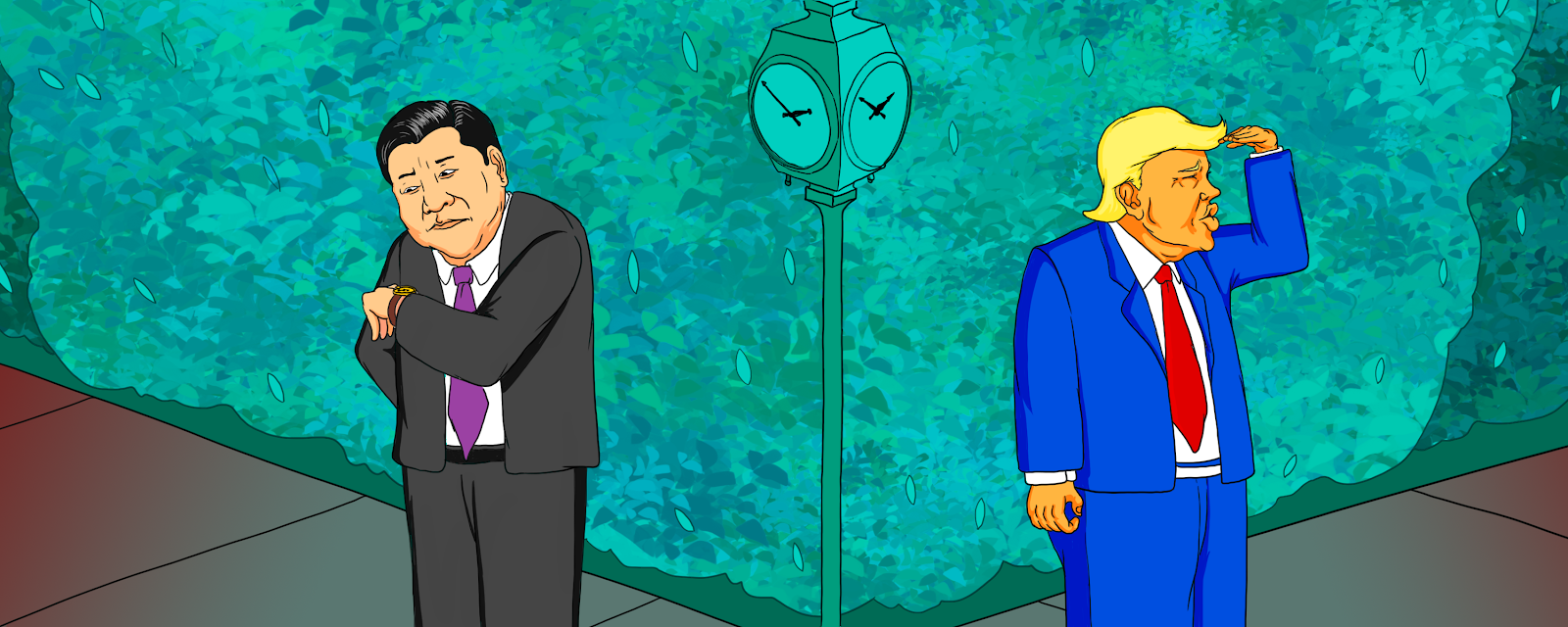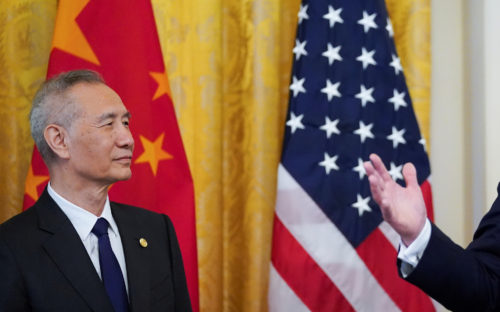Mood music, but still no U.S.-China trade deal
“The mood music is pretty good,” White House economic adviser Larry Kudlow said last week, though President Trump "hasn’t signed off on a commitment" for a trade deal with China. However, “tariffs are emerging as the main stumbling block” in negotiations, according to the Wall Street Journal, which would seem to be a problem when Tariff Man Trump is the one who has to sign the deal. The ultimate amount of agricultural purchases are also still undetermined, according to Bloomberg, despite Trump’s claim on October 11 that he had secured purchases of “40 to 50 billion dollars’ worth of agricultural products.”


Photo credit: The China Project illustration by Derek Zheng
A few quick updates on the latest spins around the Trade War News Cycle:
- “The mood music is pretty good,” White House economic adviser Larry Kudlow said last Thursday, but President Trump “hasn’t signed off on a commitment for phase one.”
- A ban on U.S. poultry imports was lifted last week, four years after it was put in place due to an outbreak of bird flu. Several cargoes of American soybeans were also purchased. But these purchases seem tied to commodity shortages in China, rather than to any concession in trade talks.
- However, “tariffs are emerging as the main stumbling block” in negotiations, according to the Wall Street Journal, which would seem to be a problem when Tariff Man Trump is the one who has to sign the deal.
- The ultimate amount of agricultural purchases are also still undetermined, according to Bloomberg, despite Trump’s claim on October 11 that he had secured purchases of “40 to 50 billion dollars’ worth of agricultural products.”
Meanwhile, two reports came out last week with dramatically different takes on U.S.-China relations:
- Economic data does not show China “stealing jobs” at the expense of the U.S., and intellectual property protections have improved over time, John L. Graham and Benjamin Leffel wrote for the Harvard Business Review.
- But getting tough on China is all the rage in Washington, judging by a nearly 600-page report from the U.S.-China Economic and Security Review Commission that raised alarm about a multitude of aspects of the U.S. relationship with China.
For a more balanced take on the status of U.S.-China relations and where to go next, see this article in Bloomberg by Jude Blanchette and Scott Kennedy: U.S., China should seek managed interdependence.





